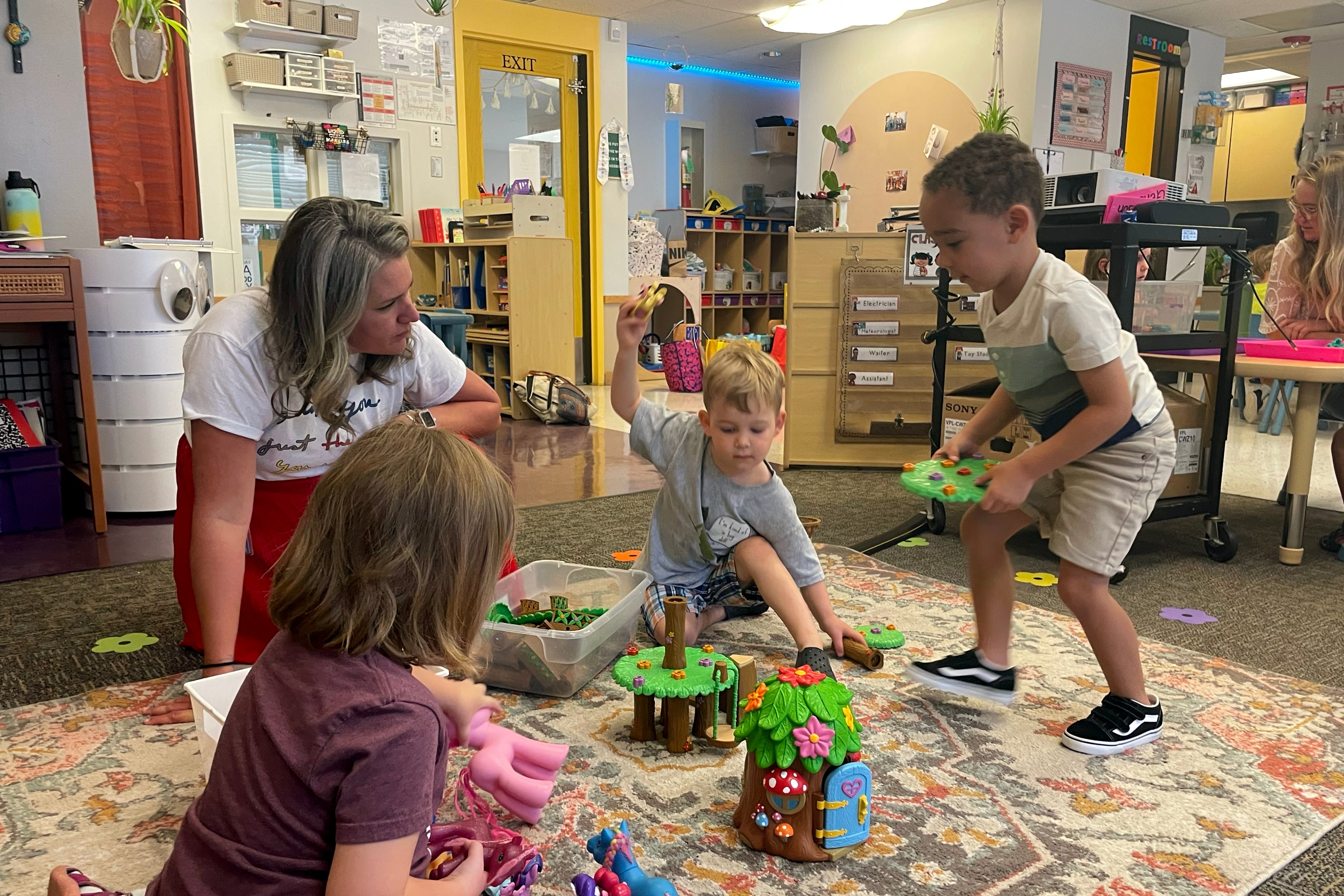Colorado voters easily approved a ballot measure that will send more than $20 million to the state’s new universal preschool program.
Proposition II (pronounced “eye-eye”) will allow the state to keep all the money raised through a nicotine tax Colorado voters approved in 2020, even though the tax raised more money than originally predicted. The state is required by the Taxpayers Bill of Rights, commonly called TABOR, to ask voters if it can keep extra revenue generated by taxes — in this case $23.7 million. The state will get to keep any excess revenue in future years as well.
Prop II had no organized opposition. A similar measure that allowed the state to keep excess marijuana tax revenue above what officials predicted they’d collect passed with nearly 70% of the vote in 2015.
The additional nicotine tax money will go toward Colorado’s universal preschool program — the same place most of the nicotine tax money from the 2020 ballot measure is already going. The $322 million preschool program is one of Gov. Jared Polis’ signature initiatives.
Polis said in a statement Tuesday evening, “I am thrilled people voted in favor of providing more funding for our free universal preschool program that is saving families money, and this voter-approved measure will help fund more preschool for kids. Thank you to all voters who made their voices heard, and thank you for continuing Colorado’s clear history of supporting early education.”
The preschool program launched in August and provides tuition-free classes to about 38,500 4-year-olds and 10,300 3-year-olds this year. While the program has proven popular with families, its rollout has been rocky at times.
In July, thousands of families who expected tuition-free, full-day preschool found out their children would get less because the state didn’t have enough money. In August, school district officials sued over the program, claiming the state is harming students who have disabilities and breaking funding promises to families and schools.
Some of the $23.7 million available through Prop II could help solve these problems.
The money will help pay for additional half-day and full-day preschool spots next year. This year, full-day spots are available to 4-year-olds from lower-income families who also have a second risk factor. Those factors include being an English learner, having a special education plan, being homeless, or being in the foster care system. About 3,600 children are enrolled in free full-day classes this year.
Next year, state officials want to make free full-day classes available to 3,000 additional 4-year-olds, specifically those from very low-income families.
Ann Schimke is a senior reporter at Chalkbeat, covering early childhood issues and early literacy. Contact Ann at aschimke@chalkbeat.org.
Ann Schimke is a senior reporter at Chalkbeat, covering early childhood issues and early literacy. Contact Ann at aschimke@chalkbeat.org.







